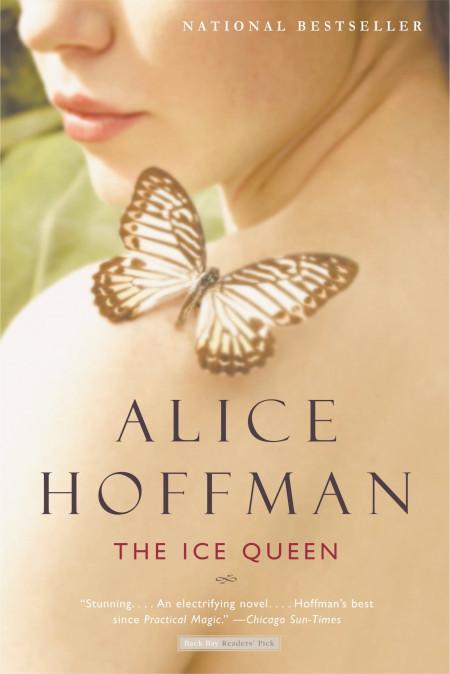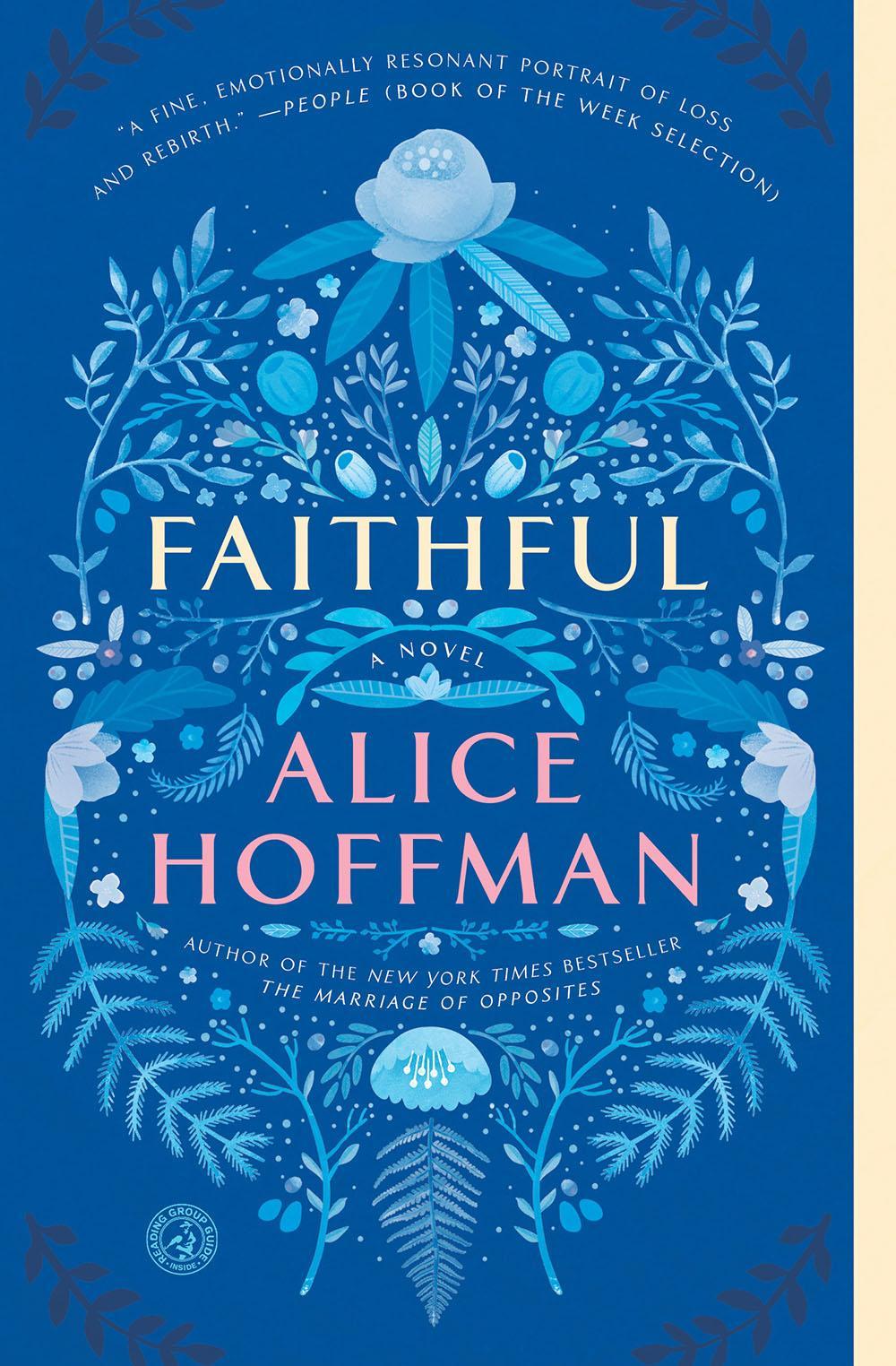
6 minute read
ALICE HOFFMAN
NewYorkTimesbestsellin author Alice Hoffmanhaswrittenoverthirtynovelsthat cast a spell o literary beauty on her readers. She finished her first novel while earnin her master’s in creative writin rom Stan ord University, and since then, her work, which ran es rom middle- rade books to non-fiction, has received numerous accolades. Her best-sellin novel about ma ic and love, Practical Ma ic, inspired a cult-classic film starrin Nicole Kidman and Sandra Bullock, and her newest novel, The Invisible Hour, en a es with Nathaniel Hawthorne’s The ScarletLetter,toexploreandcelebratethe intimate bond between readers and writers.
TheFairyTaleMa azineis proud to eature Alice Hoffman as an Enchanted Creator. Read on to learn more about her literaryma ic!
Advertisement
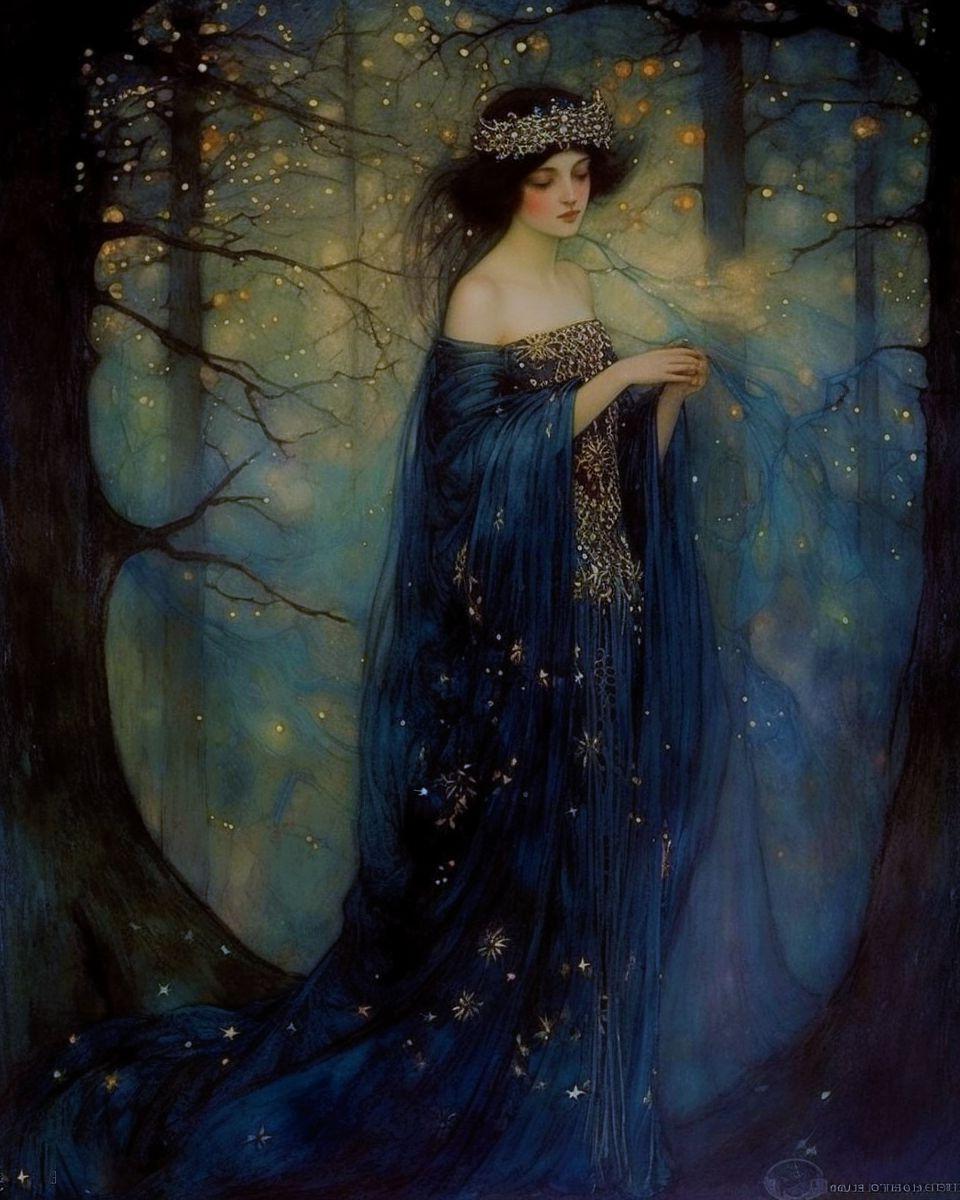
Your writing is filled with magic, and no series of books is more magical than your sweeping tales of the Owens family in Practical Magic (1995), The Rules of Magic (2017), Magic Lessons (2020) and The Book of Magic (2021). What first inspired you to tell the story of the Owens women, and when did you know their story would continue across two prequels and a sequel? Why do you think your stories of the Owens familyhavecapturedtheheartsofsomanyreaders?
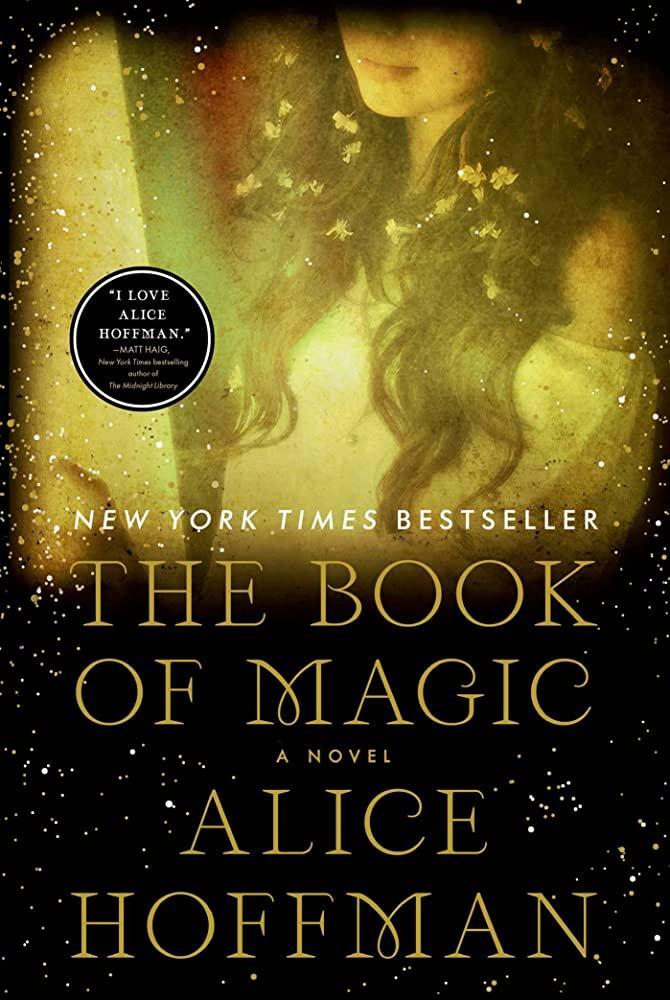
It is interesting to me that the Practical Magic series has gotten more popular over time, and I think that one reason for that is that the stories have been shared between generations of mothers and daughters and grandmothers, which is, for me, a wonderfulthing.
I grew up reading magic books. I always gravitated towards towards anything with magic in it and I especially loved witches. I think a lot of young girls are drawn to witches for lots of different reasons, but I have always felt like the witch is one of the only mythic female characters that has strength. I think the witch’s strength is a big part of her popular appeal, but I really started writing Practical Magic because I had the title. I kept thinking about it and thinking about it,andthenIjustsatdowntowriteandtheOwenswomenappeared,soitwasjustveryluckyforme.
I think it was about 25 years later that I wrote the prequel. I had never thought about writing another Owens family novel until my readers wrote to me and said that they felt like there was more to the story and that they wish there would be a sequel. I kept thinking about it, and after 25 years, I realized I really wanted to write a prequel because I'm interested in how the past shapes the present. I found myself curious about the two aunts, Francis and Jet, and I wondered what their girlhood might have been like when they were growing up, so I wrote The Rules of Magic. Once I finished writing that book, I still felt like there was more to the story. Now, even though the series is complete, I feel like I couldwriteabouttheOwensfamilyforever.
In addition to the Practical Magic series, you have written over thirty works including adult books (The Museum of Extraordinary Things, The World That We Knew), young adult books (Indigo, Aquamarine, Green Heart), middle grade books (Nightbird), collections of linked short stories (Blackbird House, Faerie Knitting), stand-alone short stories (The Bookstore Sisters), and nonfiction (Survival Lessons). What is your favorite genre of writing? Do you approach writing fordifferentgenresindifferentways?Doyouplantowriteforaparticularaudienceordoesyour finishedstorydeterminethewayyoucategorizeyourwork?
Myfavoritethingtodoislinkshortstoriestogether.Ifeellikeyoucancreatesuchalargeworld that way, and I love moving around through time and space. I'm thinking about doing a book of connectedshortstoriesagain;Ijustreallylovedoingthat.
Idon’tapproachthegenresdifferently,butIdoplantowritewithaparticularaudienceinmind. In all honesty, I think I'm always writing for myself. So, when I'm writing a young adult book, I'm writin writing for my sixteen-year-old self. My sixteen-year-old self read adult books, and I think a lot of adults read young adult books because they are reading for the person they once were; they are reading for the young person that they still carry around inside of them. My books are really for every reader. I may envision an adult or middle-grade reader when I start writing, but that doesn't mean the book is just for thatreadership.
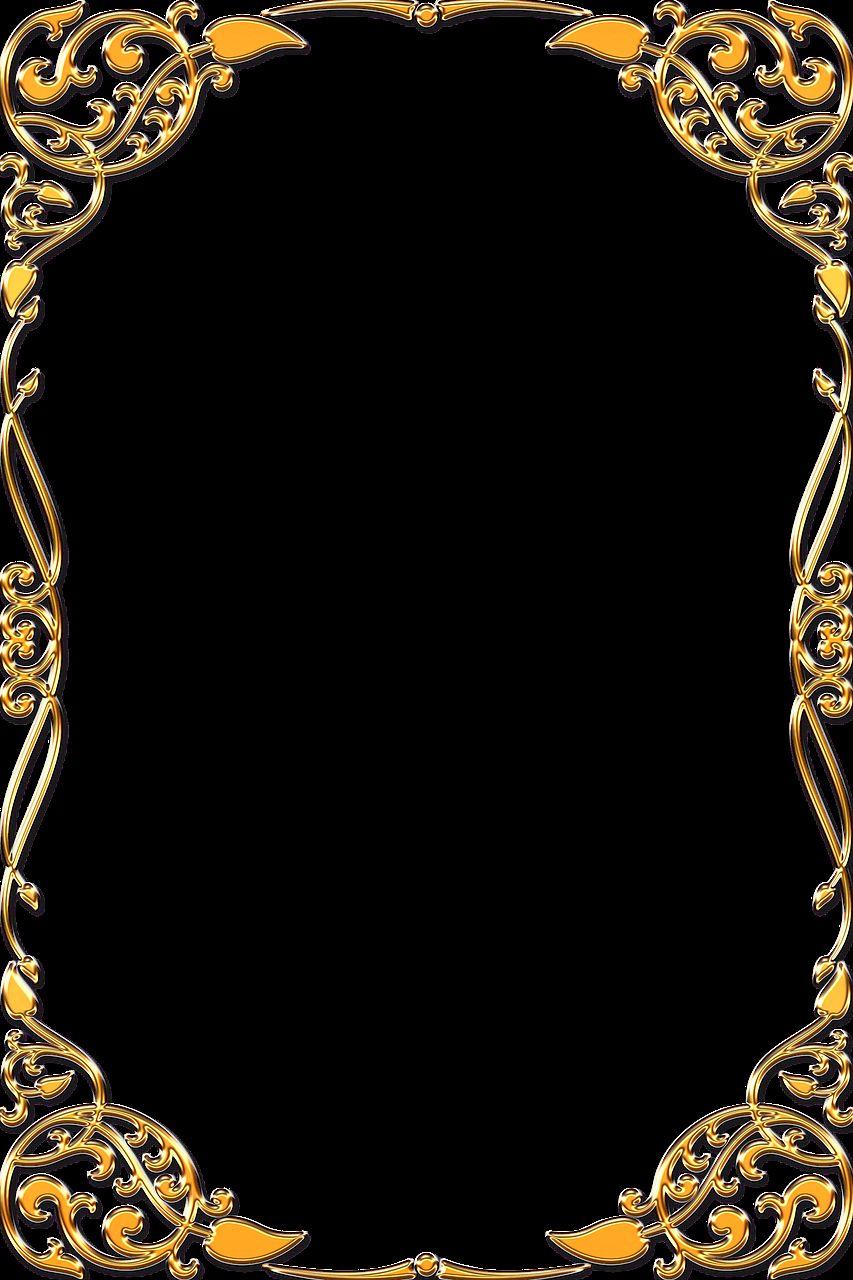
The Invisible Hour returns readers to the town of Blackwell, Massachusetts, the setting of the stories in your book The Red Garden, and fans of your fiction may recognize the way distinct settings (houses, gardens, apple orchards) shape and reflect the lives of your characters. What inspires you to choose or create the settings for your novels? Have you been influenced by the placesthatyouhavelivedorvisited?Doyoufindinspirationinthenaturalworld?
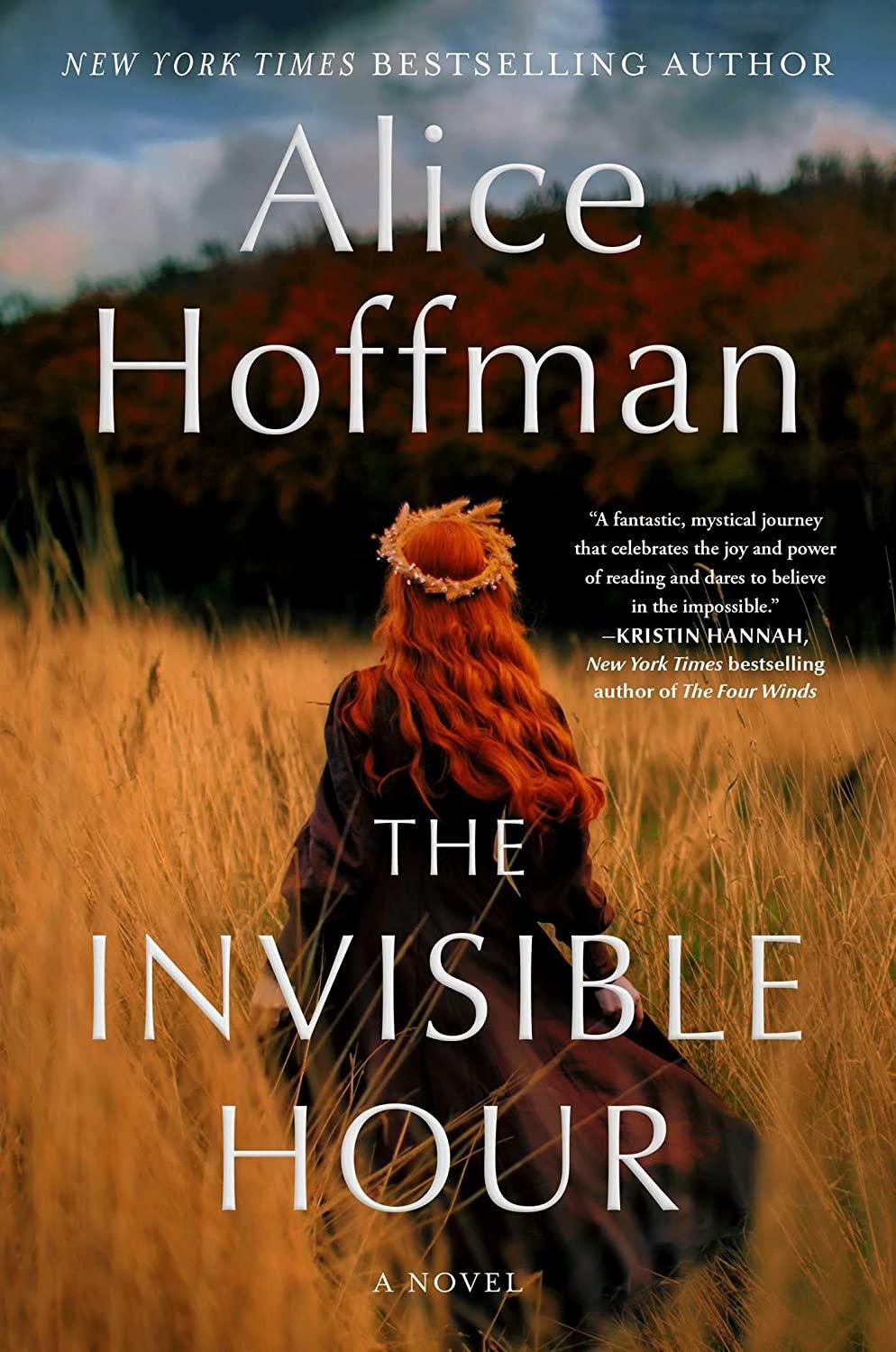

Sometimes I am inspired by my travels to a beautiful place, but sometimes I write about places thatI'veneverbeen.IwroteaboutSaintThomasin The Marriage of Opposites andI'veneverbeenthere, so I don't think you really have to have visited a place to write about it. On the other hand, some places, like Lennox, inspire me to write. Lennox is one of the most beautiful places I've ever been, and The Invisible Hour allowsmetoshareaplacethatIenjoywritingabout.
I do find inspiration in the natural world, which is interesting because I'm not a gardener. Gardeninghasneverbeenapartofmyactuallife.Igrewupinoneofthosenewsuburbsthatwascreated out of a potato farm after the war, and there was no nature. Finding the slightest bit of nature in those suburbs was so miraculous! I think that I may be so interested in nature and gardens in my writing becauseIgrewupwithoutthem.
The Book of Magic opensbytellingthereaderthat“all the best stories begin in a library.” Your characters read Edward Eager, E. Nesbit, Ray Bradbury, Emily Dickinson, andAndrew Lang’s Fairy Books, and your novels Here on Earth, Blue Diary, and The Invisible Hour have taken inspiration from Wuthering Heights, Bluebeard, and The Scarlet Letter. In what way have libraries, and the stories you have found within them, shapedyourlife?Doyouhaveafavoritefairytale?
I don’t think I could have survived my childhood without a library. First, it was my school library. My librarian was amazing, and the library was a place that I couldescapeto.Readingwasanescapefrommyreallife. I also went to a library in the next town over, where the librarians let me have a library card even though I didn't come from that town, and my mother had a bookshelf filled with books. There was no one else that I knew growing up that had bookshelves, my mother was the only one. My proximity to books allowed me to think about the 26 about different possibilities. It utterly changed my life. My life changed radically because I was a reader, andthisjustsurfacesinmywritingandmybooks.
I don't know if I have a favorite fairy tale, that is a hard question to answer, but I grew up listening to my grandmother's Russian stories which were like fairy tales. I read somewhere that eighty to eighty-five percent of fairy tales feature girls who save themselves or save someone else. Fairy tales presentgirlsinamoreempoweredwaythanmanyotherformsofliterature,andIthinkthatisapartofthe appeal of fairy tales for me. In fairy tales, girls figure things out, girls save themselves, girls escape from terriblecircumstancesandchangetheworldaroundthem.
If I had to choose a favorite, I would say that Beauty and the Beast really appeals to me and has alwaysappealedtome.Ilovetheideathatyoucan'treallytellwhosomebodyisbylookingatthem.Ilove the idea that love conquers all, that love changes things, and that love can break a curse. But I also always loved Hansel and Gretel becauseGretelisthesmartoneinthatstory.SomanyofthebooksIencountered in childhood (except for Nancy Drew) didn't feature female characters, or, if they did, female characters were the helpers, and they didn’t really matter. I found that in magic and myth and fairy tales, women matteredandthisopenedtheworldforme.did,for
Your work recognizes the presence of both natural and supernatural magic, but your stories are often propelled by deep, complex, and enduring relationships between women (mothers, daughters, sisters, friends) across generations. Are any of your characters inspired by women in your life, or wereanyofthewomeninyourlifeinstrumentalinhelpingyoutobecomeawriter?
I grew up in a house of women, so the women were always important to me. I was super close to my grandmother when I was growing up and I talked to her every day. I had a very mixed relationship withmymother;itwasbothverycloseandveryfarwhichIthinkistrueformanymothersanddaughters. Sometimes when you're writing a book, you don't even really know what it truly is until you finish it. I think The Invisible Hour isthiskindofstory.Insomeways,itisthestoryofmymotherandmyself.
Your latest novel, The Invisible Hour, begins with a letter to your readers which says “The bond between writerand readeris a cherished and mysterious one.Abook doesn’t live when it’s written. It lives when it’s read.” What do you most hope your readers will take away from your beautiful newstory?
I just hope that my book can mean to some readers what other people's books have meant to me. I think that every time a book is read, it is a different book. The meaning of the book depends on who is reading it and when they are reading it. I know for me there were certain books that really spoke to me. It wasn't just that I felt the same as the writer. It was that when I read those books, I felt known. I felt like somebody understood me and knew me. That is what I hope for my readers. I want them to feel understoodandknown.
Alice Hoffman’s writin will enchant readers lookin or stories o love, riendship, and ma ic. Her care ully woven tales will transport readers to new worlds while reflectin lie’s deepest truths. We know that you will enjoy her spellbindin fictionasmuchaswedo!
